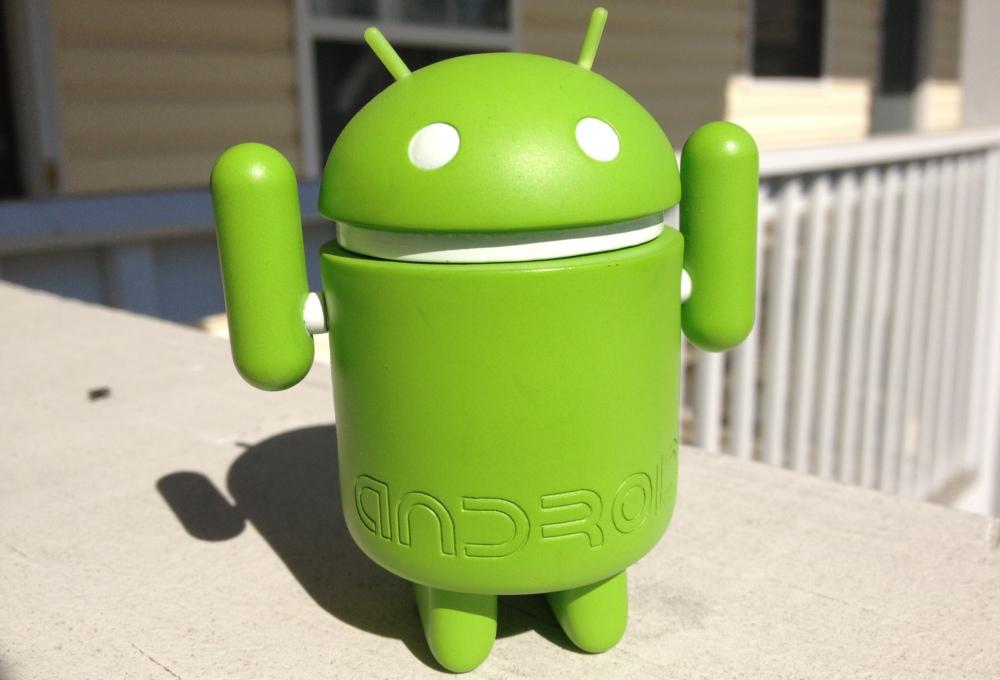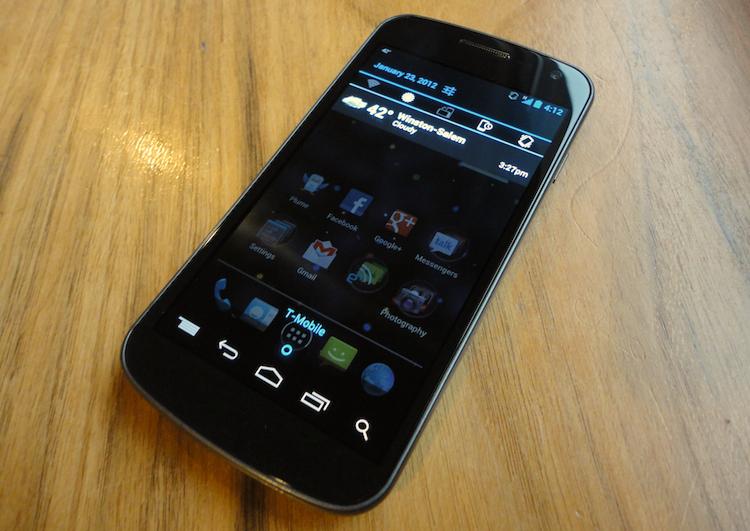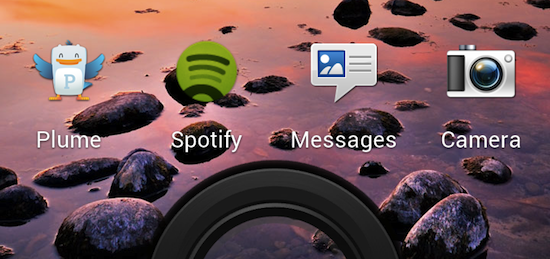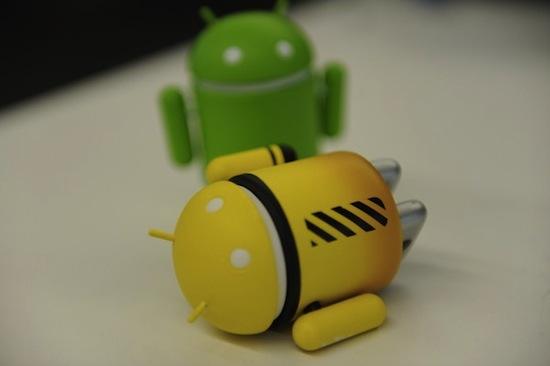
Another year, another Android version.
In mid-2010, Android godfather Andy Rubin told us that software updates would be coming once per year, slowing things down a bit from the breakneck pace updates were being churned out before. Neither carriers or manufacturers could keep up with the quick pace of the Android team's fast-coding fingers (and they still can't, for that matter), so Andy and his team decided to pack more features into each update and give each iteration more time under the spotlight before moving on to the next.
As we approach the middle of the year, many are beginning to wonder what new features the next major update, allegedly code-named Jelly Bean, will entail. It's hard to say exactly until Rubin or one of his teammates takes the stage and officially announces the update. Some speculate it will become official at the Google I/O 2012 conference at the end of next month, as that has become somewhat of a tradition.
Don't get too excited, though, as Ice Cream Sandwich wasn't released until November 2011 after being announced in May. And this year's Nexus device(s) is expected to launch sometime around Thanksgiving. Nonetheless, prior to the Ice Cream Sandwich release, we were told that many of the major features planned for Android 4.0 were pushed back to the Jelly Bean release, so it's expected to be a fairly significant update. Here are a few things I would like to see in Jelly Bean:

The Ice Cream Sandwich interface is a far cry from previous Android versions. It's coherent, smooth, polished and, well ... gorgeous. Much of the changes can be credited to Matias Duarte, Director of Android Operating System User Experience and creator of the beautiful webOS interface. Duarte's first Android work can be found in the tablet-specific version of Android, Honeycomb, and it's safe to say he isn't stopping at just two versions. Ice Cream Sandwich and Honeycomb are the beginning of Duarte's changes to the interface. He (and his team) will refine the interface and hopefully fix some of the outstanding problems and improve other areas – like throwing the Power Control widget in the notification shade.
There's not much I want changed with the interface, but rest assured it will be polished some more in the next version.

In February, Google introduced Chrome for Android. It was a long time coming and something many of us could not wait for. It brings a familiar, tabbed browsing experience – not unlike that of a desktop – to pocket-sized Android devices. However, it is still currently a beta and is not compatible with pre-ICS devices, which makes me believe Google intends to make this more than just a downloadable, alternative browser.
Most likely, Chrome will become a stock feature in Android, the integrated browser. That said, there are some issues with it – like no (current or future) Flash support and no way to request desktop sites or to change the User Agent String. (Update: It was brought to my attention that the last Chrome for Android update included the Request Desktop Site feature.) If Google can find a way to balance Chrome for Android and the current stock Android browser, it would be one of the more outstanding features of the platform.

Mainly to avoid patent infringement suits, the Android lock screen has changed quite a bit over the years. It's now better than ever, but it most certainly could be better. HTC's Sense lock screen is a testament to that. Of course, I don't just want Google to rip-off HTC's well-polished lock screen. But it would be great to get a little extra functionality out of the lock page. Having quick access to my four most frequently used applications is irreplaceable.

With each and every update, the Android team has worked to make the system less power-consuming in an attempt to increase battery life on the ever-skinnier, ever-more-powerful devices. While I don't expect any Android devices to last quite as long as my old BlackBerrys did, it's always a hope that something will be done to help give Android phones that extra boost to hit a one-day battery life standard.
That is more likely to come in the form of a battery technology breakthrough, but it never hurts to hope!

Malware will always be a problem with popular operating systems. As long as there is sensitive information out there for someone to steal, someone will do anything and everything they can to steal it. With its relatively open market (Play Store) and lax policies, Android has always been a perfect target for malware.
We've seen Android malware grow explosively over the last two years. This has been used against Android in any and every way imaginable, so Google countered by introducing Bouncer, which parses every application that is uploaded to the Play Store and scans for known malware code. Here's to hoping Google beefs up Bouncer and nips the concern for Android malware in the bud once and for all.
There are likely to be a lot of features in Jelly Bean that no one will see coming. The ones listed above are really the only things I would like to see, but there are several more rumored features coming. For one, people expect Google to answer some iOS features. Specifically, some think Google will launch a Siri competitor. A far more likely feature for Google to be launching is an iOS Game Center competitor. That specific rumor started making the rounds last week.
What features would you like to see, ladies and gents? One (or some) of the ones listed above? Or is these some other feature you're crossing your fingers for?
Image via Engadget